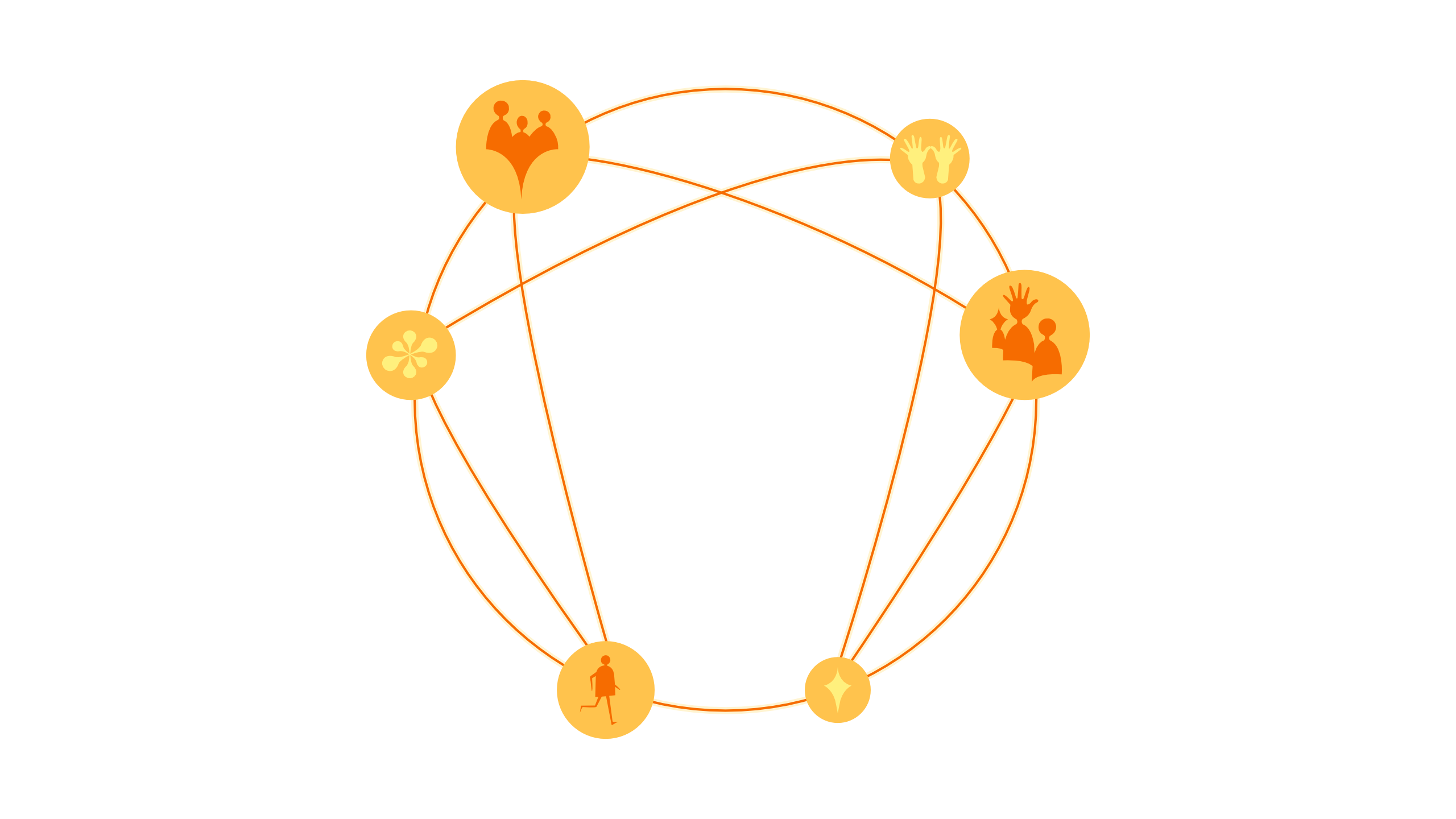Polycentric Leadership: a New Theory for Global Leadership
by Joseph W. Handley, Jr., Ph.D.
polycentrism / pol-ee-sen‘-triz-uhm / noun
- the doctrine that a plurality of independent centers of leadership, power, or ideology may exist within a single political system;
- the fact of having many centers of authority or importance.
— Dictionary.com
polycentrism / pol-ee-sen‘-triz-uhm / noun
— Dictionary.com
1. the doctrine that a plurality of independent centers of leadership, power, or ideology may exist within a single political system;
2. the fact of having many centers of authority or importance.
Joe Handley defines “polycentric”…
As our world struggles with tensions, polarities, and what feel like perpetual challenges, I am convinced that we need a new approach to leadership. This conviction compelled me to study global leadership to see if a new type of leadership might better fit current realities. My reviews of a variety of leadership models brought Polycentrism to my attention.1

Polycentrism provides a strong paradigm for leading effectively in an interdependent, networked world. Through review of recent discoveries in history2 as well as ongoing studies in governance,3 I discerned six key themes that comprise an emerging new theoretical model which I call Polycentric Leadership—charismatic, relational, collaborative, communal, entrepreneurial, and diverse. This model—a collaborative, communal approach to leadership that empowers multiple centers of influence as well as a diverse array of leaders—is uniquely suited to engage the leadership issues we currently face. We need one another!
“For as in one body we have many members, and the members do not all have the same function, so we, though many, are one body in Christ, and individually members one of another.”
~ Romans 12:4-5 ESV
A Trinitarian Approach to Leadership

Polycentric Leadership is grounded in the model of how our Lord works through His Trinitarian self. Mission studies increasingly cite the Trinity as a paradigm for mission. This insight has implications for the way we lead.4Just as the Father, Son, and Holy Spirit lead in a polycentric fashion, we as leaders can do the same. As we become more polycentric in our leadership, we can become more like Christ, the Good Shepherd and Servant Leader.
Polycentric Leadership

Leading today requires a broader array of voices, representing local and regional constituencies who are empowered to self-organize within complex, adaptive, and self-regulating systems. Polycentric Leadership functions across multiple spheres of influence. These include but are not limited to geography, ethnicity, age, region, gender, and nationality. Ideally, it is inclusive of the various centers of influence within one’s business, network, movement, or organization.
Polycentric Leadership draws from a rich diversity of wisdom to guide an enterprise. From each of these diverse sources, community is formed, rooted in Christ and his tri-fold identity. This community operates collectively, inspired by the Holy Spirit, empowering and releasing the gifts and potential of every member of the community.
Each community draws strength from its uniqueness, which allows each community to operate and coordinate its efforts according to its distinct calling and vision. The community forms interdependent teams, working together through shared perspectives and collective processes. They are entrepreneurial networks, catalyzing self-governing entities, empowered to fulfill the purpose in life and vocation.
More Information
- Leading Mission Movements by Joe Handley
- Coming Soon! Case Studies: to see how polycentric leadership has been effectively applied in various real-life situations, producing greater results than traditional leadership models, read these case studies…
- Asian Acess: Pan Asia Leader Development
- Sri Lanka Unites
- Resources on Polycentric Leadership
_________________________________

